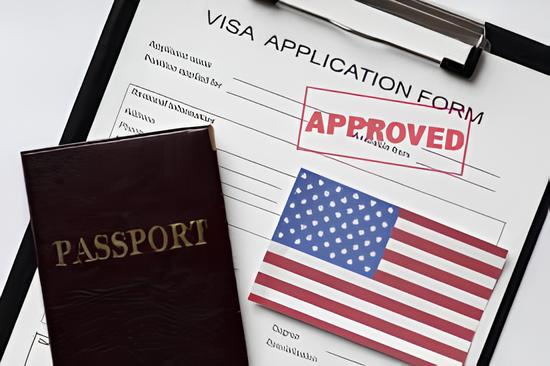The U.S. has enacted a policy requiring all foreign nationals to register with immigration authorities under a new executive order, “Protecting the American People Against Invasion,” signed by President Trump. Effective February 25, 2025, non-U.S. citizens unregistered must comply or face fines, legal action, or immigration penalties. The Department of Homeland Security (DHS) is enforcing this via Section 262 of the Immigration and Nationality Act (INA).
What Is Alien Registration?
Alien Registration is a formal process through which the U.S. government tracks the presence of foreign nationals within its borders. It ensures that individuals comply with immigration regulations and provides authorities with a clear record of who is in the country.
The requirement is rooted in Section 262 of the Immigration and Nationality Act (INA), a longstanding law now being actively enforced. Failing to complete this registration can lead to serious repercussions, such as monetary fines or legal proceedings, making it critical for affected individuals to understand and follow through.
Who Is Required to Register?
Not every foreign national needs to take action, but specific groups must comply based on their circumstances. According to the INA, registration applies to individuals aged 14 and older who meet certain criteria:
- Those who were not registered or fingerprinted during their U.S. visa application process;
- People who have remained in the U.S. for more than 30 days;
- Parents or guardians of children under 14 who have stayed in the country beyond 30 days;
- Those who turn 14, are then required to re-register within 30 days of their birthday.
These rules target individuals whose presence has not been adequately documented under existing systems.
Who Is Already Compliant?
Many foreign nationals are exempt from this new requirement because they’ve already been registered through prior immigration processes. This group includes Lawful Permanent Residents (Green Card holders), visa holders issued an I-94 form or employment authorization document, individuals who applied for residency (even if denied), and those currently involved in removal proceedings. If you fall into one of these categories, no further action is necessary your status is already on record with immigration authorities.
Foreign Nationals at Risk of Penalties
Certain groups are particularly vulnerable to penalties if they don’t register by the deadline. Undocumented immigrants who entered the U.S. without official inspection, Canadian visitors who crossed land borders without receiving registration documents, and applicants for Deferred Action for Childhood Arrivals (DACA) or Temporary Protected Status (TPS) who lack proof of registration all fall into this category. For these individuals, immediate action is essential to avoid fines or prosecution as enforcement ramps up.
How to Complete Registration
To simplify the process, DHS is set to launch an online registration system in the coming weeks. Starting February 25, 2025, affected foreign nationals can create an account on the USCIS Alien Registration Portal and follow the outlined steps to comply.
This digital platform aims to make registration accessible, but the clock is ticking, non-compliance after the deadline could lead to swift enforcement measures. Immigration experts urge everyone to act promptly rather than risk falling afoul of the law.
Verify Your Status Now
Unsure whether you need to register? Immigration professionals recommend that all foreign nationals double-check their status as soon as possible. Taking proactive steps now can prevent headaches later, especially since enforcement is imminent. Consulting an immigration attorney is a smart move if there’s any doubt about your obligations or documentation. Staying ahead of this mandate is the best way to avoid unintended legal trouble.
Implications of the New Rule
It’s important to note that registering under this policy does not confer legal status, work authorization, or any additional rights it’s purely a record-keeping measure. However, the consequences of ignoring it are real, ranging from financial penalties to potential prosecution.
Foreign nationals are encouraged to monitor official updates from DHS and the U.S. Citizenship and Immigration Services (USCIS) for the latest guidance. Staying informed and compliant is key to navigating this shift in immigration enforcement.
This new rule marks a pivotal moment for foreign nationals in the U.S., reinforcing the government’s focus on tracking and regulating immigration.
Whether you’re a long-term visitor, an undocumented individual, or someone in legal limbo, understanding your responsibilities under this policy is critical. Act now, verify your status, and ensure compliance to steer clear of the penalties that await starting February 25, 2025.

























